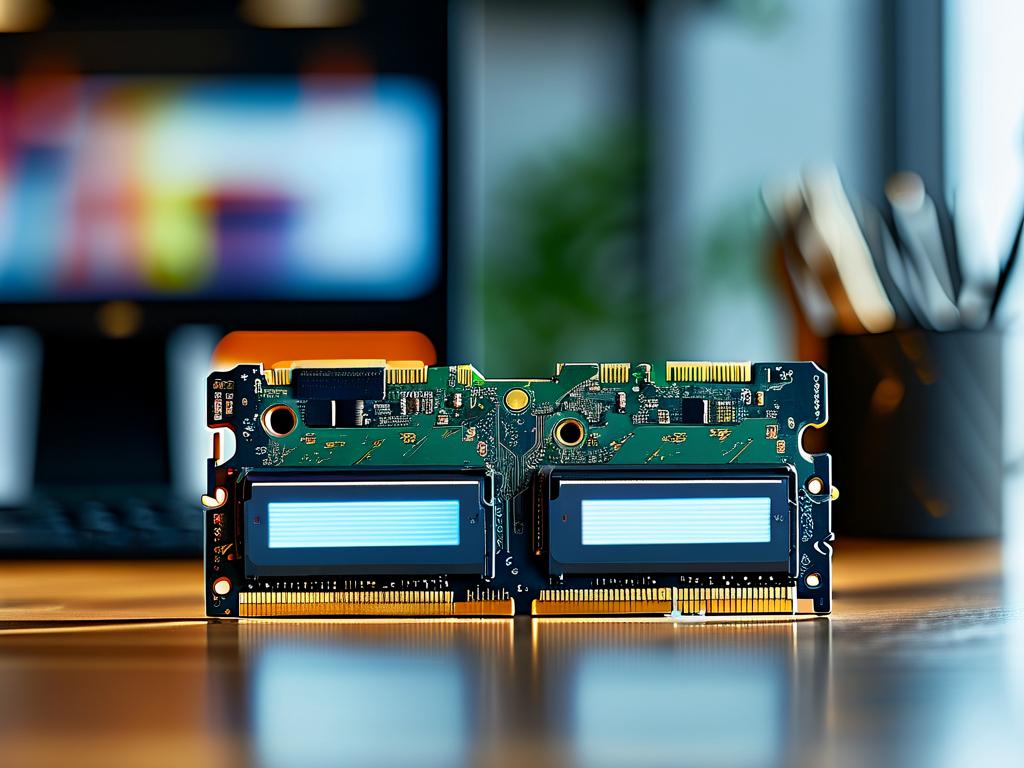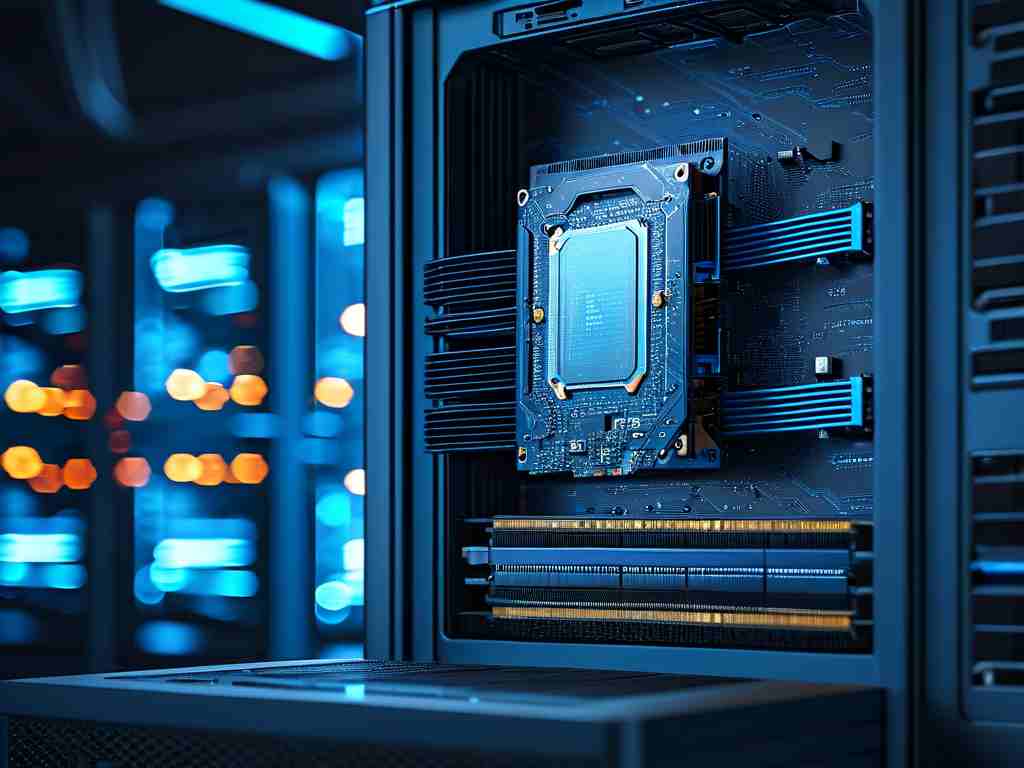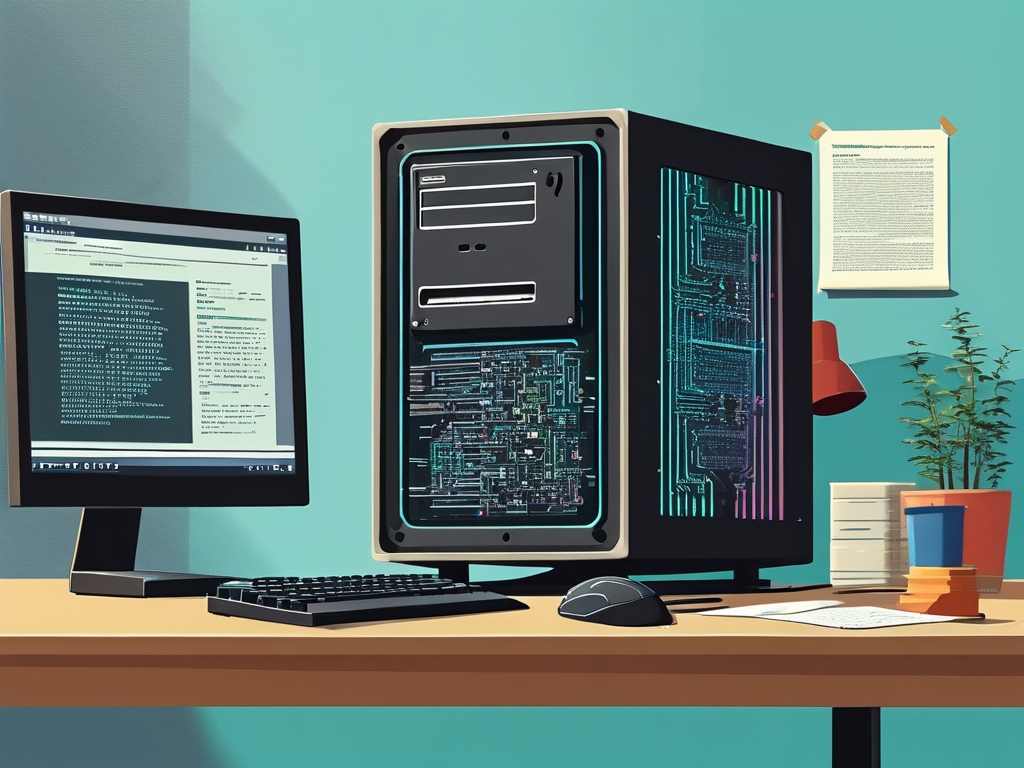Effective memory management is a cornerstone of modern computing systems. As applications grow more complex and data-intensive, the ability to efficiently allocate and release memory becomes critical for maintaining system performance. This article explores the technical mechanisms and strategies computers use to eliminate unnecessary memory consumption while avoiding common pitfalls.

At its core, memory liberation relies on two fundamental approaches: automatic garbage collection and manual memory management. Languages like Java and Python employ sophisticated garbage collectors that periodically identify unreferenced objects through algorithms such as mark-and-sweep or generational collection. For instance, a Python script might automatically recover memory from temporary variables using reference counting:
import sys x = [1, 2, 3] print(sys.getrefcount(x)) # Output: 2 del x # Decreases reference count, enabling memory reclamation
In contrast, lower-level languages like C require explicit memory handling. Developers must carefully pair malloc() with free() to prevent leaks:
int* arr = (int*)malloc(10 * sizeof(int)); // Perform operations free(arr); // Manual memory release
Modern operating systems enhance these basic mechanisms through virtual memory management. When physical RAM becomes scarce, systems employ paging techniques that temporarily move inactive memory blocks to disk storage. Windows' Working Set Manager and Linux's swap partitions exemplify this approach, though excessive swapping can lead to performance degradation known as "thrashing."
Advanced memory optimization extends to application-level strategies. Memory pooling—preallocating and reusing fixed-size blocks—proves particularly effective for real-time systems. Database servers often implement buffer pools to cache frequently accessed data while maintaining strict memory limits.
Detection tools play a vital role in memory hygiene. Valgrind's Memcheck and Microsoft's Debug CRT Library help identify leaks through instrumentation and pattern analysis. Cloud platforms now integrate AI-driven monitoring that predicts memory exhaustion risks by analyzing usage trends.
Emerging technologies like Rust's ownership model demonstrate innovative approaches to memory safety. By enforcing strict compile-time checks on variable lifetimes, Rust eliminates entire categories of memory errors without runtime garbage collection overhead.
For developers, best practices include:
- Implementing smart pointers in C++ for automatic resource management
- Utilizing object pooling in game engines
- Conducting regular memory profiling sessions
- Setting strict upper bounds for cache sizes
As computing architectures evolve, memory optimization continues to adapt. Non-volatile RAM technologies and distributed memory systems present new challenges and opportunities. Through a combination of automated systems, developer vigilance, and innovative language design, modern computing maintains the delicate balance between memory utilization and application performance.









